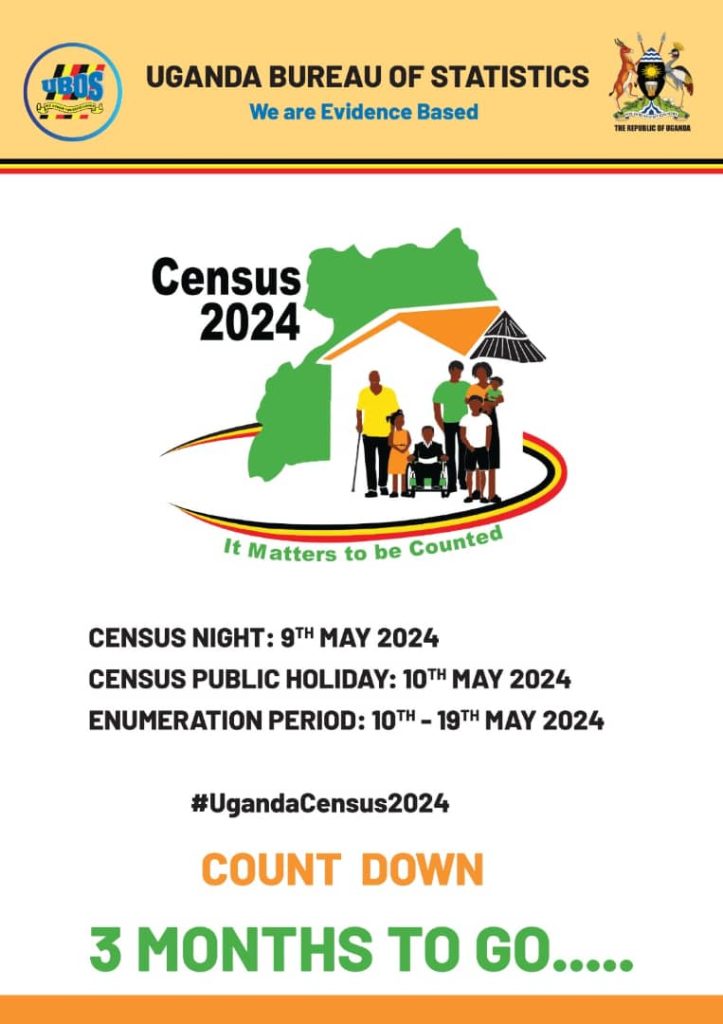Finance Minister Matia Kasaija while presenting the Budget for the financial year 2018/2019, announced that government would charge 200 Shillings per day as Social Media Tax.
The tax targeted those using over the top (OTT) services or sites that offer voice and messaging over the internet such as facebook and whatsapp.
Ugandans did not take Kasaija’s word for it until last Sunday 1st July when many woke up to “zero” messages.
“I woke up at 8am and strangely, most groups were “quiet and my last received messages were for mid night on Saturday. I restarted my phone and checked my data. Still no messages came through. Then it dawned on me that indeed tax was real. I paid 6,000 using mobile money and a flood of messages came through” Wrote Joel Ombachi on his Facebook page
Museveni asks URA to tax “gossipers”
President Museveni had for long complained that Ugandans were lazy and preferred gossiping to wor, if social media posts were to go by. He, out of this observation wrote a letter directing the Uganda Revenue Authority and Ministry of Finance to tax social media.
President Museveni argued that most Ugandans using social are rumour mongers. He, however, promised to exempt those using it for educational purposes. But critics question how he will determine those using it for educational purposes.
The government also mandated the telecom companies to charge 1% tax of the transaction value of the services on the mobile money.
Pay the tax or stay off social media
On Saturday night, many Ugandans wondered whether it was true they would be cut off. Come Sunday morning and indeed, they were “cut off”. Others were wondering how they would be able to pay the tax.
Payment for social media, according to a joint statement from three of the leading telecom companies in Uganda, MTN, Airtel and Africell, would be made via mobile money. The tax is Shs200 and can be paid daily, weekly (1400), or monthly (6000).
In a joint statement issued last week, the telecoms also added that 1 percent tax would be charged from whoever deposits, receives, pays and withdrawals the money using mobile money.
“Normal transaction fees and charges apply on all services until further notice,” the statement reads in part.
This therefore means that payments for bills of other services like electricity, Television, School fees and others will also be taxed.
The Uganda electricity provider, Umeme has since released a statement informing its customers that 1 percent tax would be charged from any client who pays the electricity bills using mobile money services.
They however, add that the tax does not affect those who pay their bills through banks and E-pay.
Crafty Ugandans take to VPN
It is a known fact Uganda is one of those nations where tax compliance is a struggle. With the social media tax taking effect, many took to crafty ways to avoid paying the daily 2oo shillings.
That is how Virtual Private Network (VPN) downloads started becoming popular. With VPN, one can bypass most restrictions on their social media networks and still be able to access the sites.
Social media “elites” and many other Ugandans who have not been able to pay the daily Shs200 have found VPN the ultimate solution to bypass paying the daily excise duty charge on Over-The-Top (OTT) services, and have taken to social media to bash government.
However, the Uganda Communications Commission ED Eng. Godfrey Mutabazi said the commission would swing and block VPNs so stop craft Ugandans from cheating the government of taxes.
Only smart phone holders affected
With 15.8 per cent of the population owning smart phones, the young (15-24 years), are at the forefront of smart phone usage at 28 per cent, a report on phone usage by National Information Technology Authority Uganda (NITA-U) indicates.

In the same report, almost 24.8m or 70.9 per cent of Ugandans own mobile phones, the report revealed.
“My phone was bought for me by my Mum when I made 16. Right now I am in vacation and my airtime and credit is paid for by since I don’t have a job. I have been off since Sunday since my Mum didn’t pay for me the social media tax. I am stressed because I cannot now go to ask her to pay for me the tax” said Angella Wambua, an S6 Vacationist.
Analysts say young people like Angella have a higher appetite because they appreciate and understand what a smart phone can do. This is the category that will have no choice but pay the 200 shillings daily to be able to communicate.
However, analysts say their appetite could be restrained by the new taxes since they account for the highest number of unemployed population in the country.
The report dubbed the National IT Survey 2017/2018, sampled 2,700 people among government ministries, departments, agencies, local governments and households across the country in 2017.
The Uganda Communications Commission (UCC) 2014 Access and Usage of Communication Services Across Uganda study showed 52.3 per cent of Ugandans owned mobile phones.



